All Formats & Editions

The Expression of the Emotions in Man and Animals
No doubt as long as man and all other animals are viewed as independent creations, an effectual stop is put to our natural desire to investigate as far as possible the causes of Expression. By this doctrine, anything and everything can be equally well explained; and it has proved...
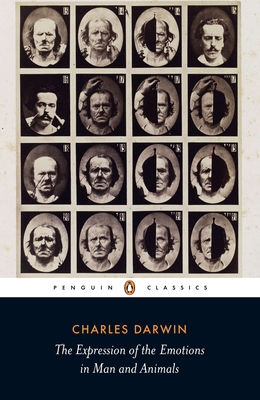
The Expression of the Emotions in Man and Animals
Published in 1872, The Expression of the Emotions in Man and Animals was a book at the very heart of Darwin's research interests - a central pillar of his 'human' series. This book engaged some of the hardest questions in the evolution debate, and it showed the ever-cautious...

The Expression of the Emotions in Man and Animals
Odin's Library Classics is dedicated to bringing the world the best of humankind's literature from throughout the ages. Carefully selected, each work is unabridged from classic works of fiction, nonfiction, poetry, or drama.
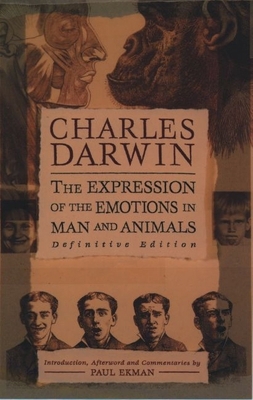
The Expression of the Emotions in Man and Anima...
Why do dogs wag their tails and cats purr? Why do we get embarrassed, and why does embarrassment make us blush? Why do we frown when we're disappointed? These any many other questions about the emotional life of humans and animals are answered in this remarkable book.
The...
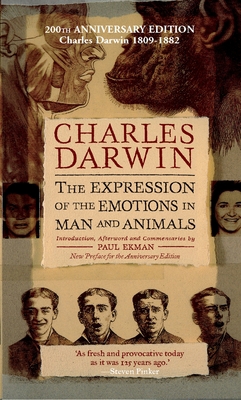
The Expression of the Emotions in Man and Animals
To mark the birthday of the world's most renowned evolutionary biologist, Oxford University Press has reissued the definitive edition of Darwin's classic-a brilliantly entertaining and accessible exploration of human and animal behavior. Renowned psychologist Paul Ekman's edited...

On the Expression of the Emotions in Man and An...
Charles Darwin was one of the most influential scientists in the history of the world. Darwin established through his theory of evolution that all species have descended over time from common ancestors. Darwin also contributed heavily to natural selection and his book The Origin...
![Les moyens d'expressions chez les animaux [French] 1533190216 Book Cover](https://i.thriftbooks.com/api/imagehandler/l/760CF3505A9E5CC59179D1C8359CE6877EB7BB97.jpeg)
Les moyens d'expressions chez les animaux [French]
Extrait: "Il n'est pas douteux que la hauteur de la voix ne soit en rapport avec certains tats de l' me. Une personne qui se plaint doucement d'un mauvais traitement ou d'une souffrance l g re parle presque toujours dans un ton lev . Lorsqu'un chien est un peu impatient, il...

The Expression of the Emotions in Man and Animals
This anthology is a thorough introduction to classic literature for those who have not yet experienced these literary masterworks. For those who have known and loved these works in the past, this is an invitation to reunite with old friends in a fresh new format. From Shakespeare's...

The Expression of Emotion in Man and Animals (a...
The three chief principles stated--The first principle--Serviceable actions become habitual in association with certain states of the mind, and are performed whether or not of service in each particular case-- The force of habit--Inheritance--Associated habitual movements in...
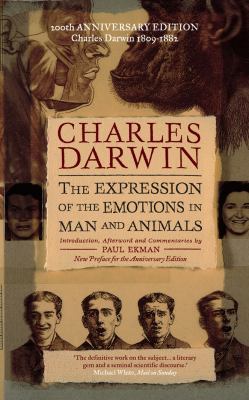
The Expression of the Emotions in Man and Animals
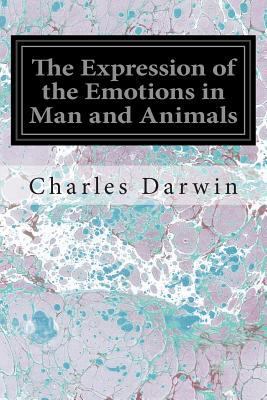
The Expression of the Emotions in Man and Animals

On the Expression of the Emotions in Man and An...
Charles Darwin is one of the most influential and famous scientists in history, and after coming up with the theory of evolution, he wrote extensively about his observations, including this one about emotional responses in mammals.
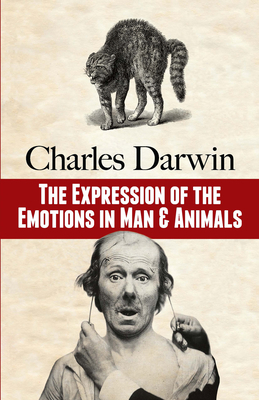
The Expression of the Emotions in Man and Animals
In this highly readable study, one of the great pioneers of modern science examines how people and animals display varieties of emotions via their facial expressions. British naturalist Charles Darwin -- who expounded the theory of evolution by natural selection, the principle...
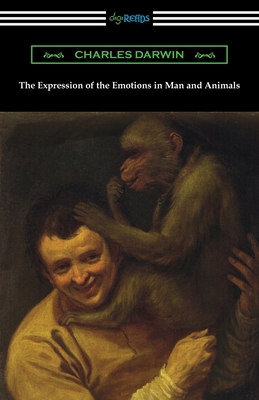
The Expression of the Emotions in Man and Animals
First published in 1872 and his third major work on evolutionary science, "The Expression of the Emotions in Man and Animals" is Charles Darwin's classic and influential examination of human behavior as it can be observed through the outwardly visible expression of emotions...
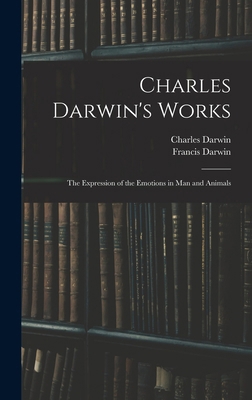
Charles Darwin's Works: The Expression of the E...
This work has been selected by scholars as being culturally important, and is part of the knowledge base of civilization as we know it. This work is in the "public domain in the United States of America, and possibly other nations. Within the United States, you may freely...
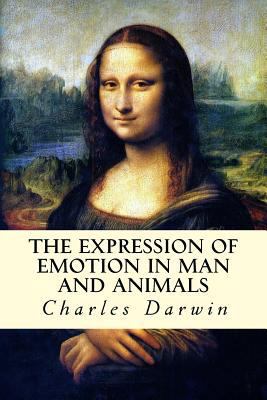
The Expression of Emotion in Man and Animals
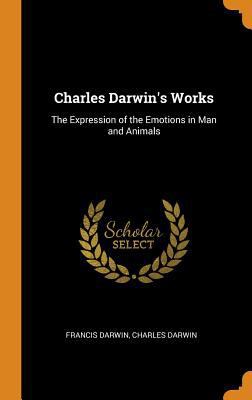
Charles Darwin's Works: The Expression of the E...
This work has been selected by scholars as being culturally important and is part of the knowledge base of civilization as we know it. This work is in the public domain in the United States of America, and possibly other nations. Within the United States, you may freely...
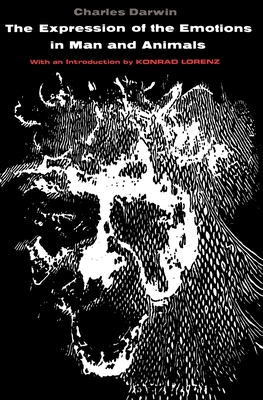
The Expression of the Emotions in Man and Animals
Darwin's work of 1872 still provides the point of departure for research in the theory of emotion and expression. Although he lacked the modern research tool of cybernetics, his basic methods have not been improved upon: the study of infants, of the insane, of paintings and sculpture,...
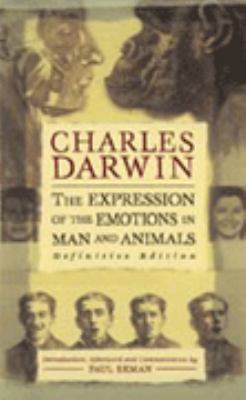
Expression of the Emotions In Man and Anim
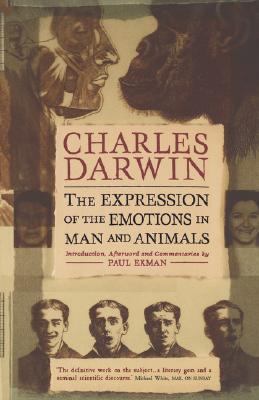
The Expression of the Emotions in Man and Animals
In his study of infants and children (including observations of his own baby's smiles and pouts), of the insane, of painting and sculpture, of cats and dogs and monkeys, and of the ways that people in different cultures express their feelings, Darwin's insights have not been...
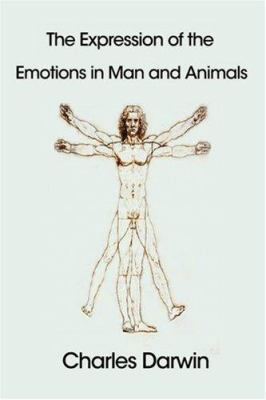
The Expression of the Emotions in Man and Animals
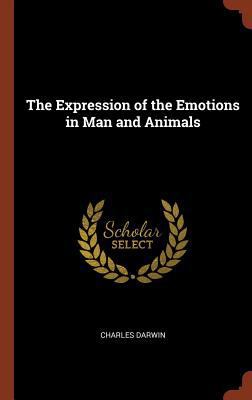
The Expression of the Emotions in Man and Animals
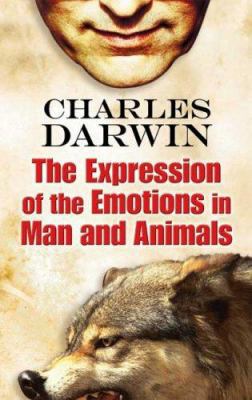
The Expression of the Emotions in Man and Animals

The Expression of the Emotions in Man and Animals
Darwin's work of 1872 still provides the point of departure for research in the theory of emotion and expression. Although he lacked the modern research tool of cybernetics, his basic methods have not been improved upon: the study of infants, of the insane, of paintings and sculpture,...




